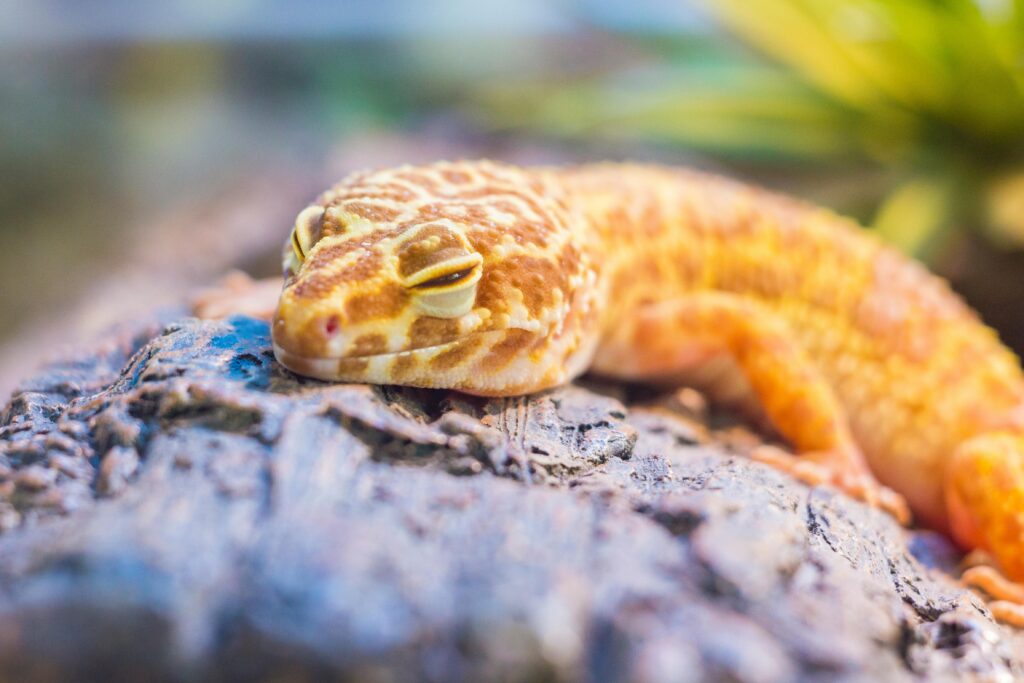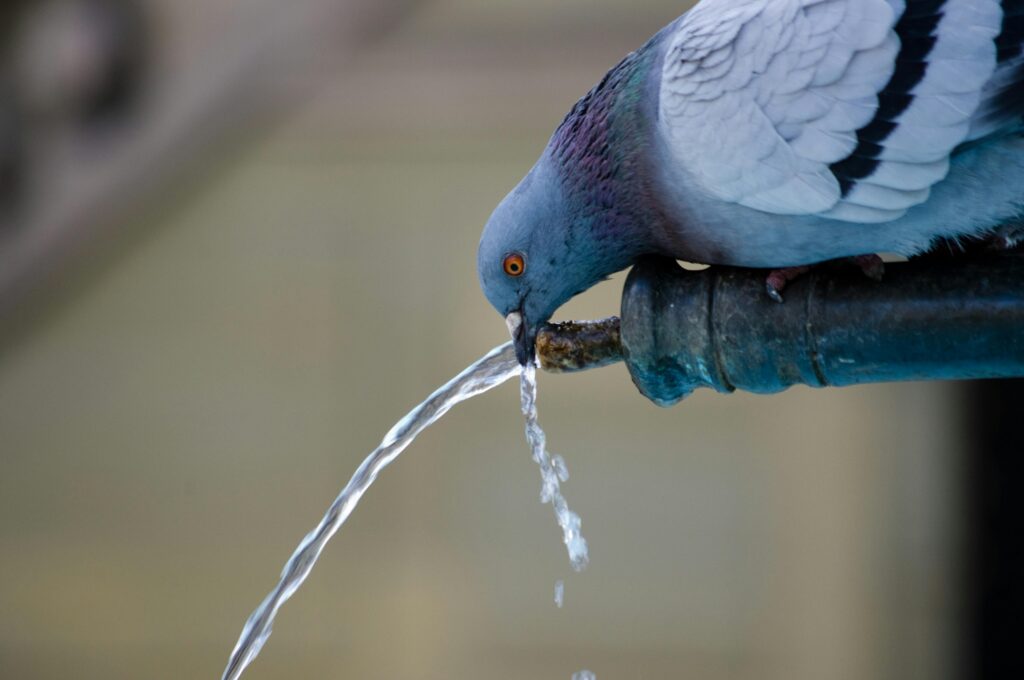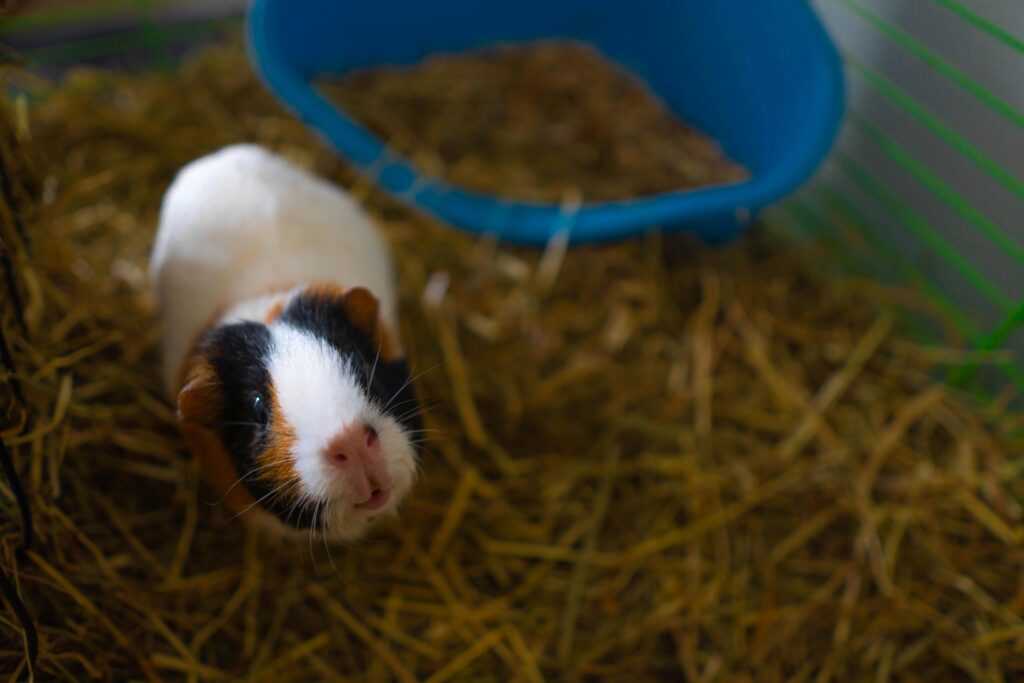Exotic pets can bring joy and wonder into our lives, but they come with unique care requirements, especially when it comes to their diet. Unlike traditional pets like cats or dogs, exotic animals often have specific nutritional needs that, if not properly met, can lead to health issues. Whether you have a parrot, reptile, or small mammal, understanding their dietary needs is key to keeping them happy and healthy. Here’s what you need to know about the nutritional requirements of exotic pets.
Research Your Pet’s Natural Diet

Before bringing home an exotic pet, it’s crucial to research what they would typically eat in the wild. For instance, parrots in the wild eat a variety of seeds, fruits, and plants, while reptiles like bearded dragons may consume insects and leafy greens. Mimicking their natural diet as closely as possible helps ensure they receive the proper nutrients.
For herbivores like tortoises or rabbits, a diet rich in high-fiber vegetables and hay is essential for digestive health. On the other hand, omnivorous reptiles, such as turtles, may require a mix of plant matter and protein sources like insects or small fish. Understanding what they would naturally forage for allows you to create a balanced diet that supports their overall health.
Provide Balanced Nutrition
The key to feeding exotic pets is balance. A varied diet ensures your pet receives all the vitamins and minerals they need. For example, birds require a mix of seeds, nuts, fruits, and vegetables to avoid nutrient deficiencies, while reptiles need a balance of proteins, fats, and greens depending on their species.
It’s also important to note that some commercially available foods may not meet all of your exotic pet’s nutritional needs. Pellets and pre-packaged foods can serve as a foundation, but they should often be supplemented with fresh fruits, vegetables, or protein sources, depending on the species. A diverse diet can prevent issues like malnutrition, vitamin deficiency, or obesity.
Ensure Species-Specific Vitamins and Minerals
Different exotic pets have unique vitamin and mineral requirements. For instance, reptiles need adequate levels of calcium and vitamin D3 to prevent metabolic bone disease, a common issue in species like iguanas and bearded dragons. Providing calcium supplements or UVB lighting helps ensure they process calcium properly.
Birds, particularly parrots, may benefit from a vitamin supplement if they are primarily eating a seed-based diet, as seeds alone do not provide all the necessary nutrients. Be mindful of giving supplements tailored to your pet’s species, and consult your veterinarian to avoid over-supplementation, which can be just as harmful as deficiencies.
Offer Fresh Water and Hydration Sources

Hydration is essential for all pets, and exotic pets are no exception. Some exotic animals, like amphibians or certain reptiles, may require specific methods of hydration. For example, chameleons prefer drinking from water droplets, so misting their enclosure helps them stay hydrated. Other species, like rabbits, need constant access to fresh water in a bottle or bowl.
In addition to fresh water, many exotic pets benefit from water-rich foods. For instance, offering leafy greens and water-heavy fruits like cucumbers to small mammals and reptiles can provide additional hydration and essential nutrients.
Understand the Dangers of Overfeeding

Obesity is a common issue for many exotic pets, particularly those kept in captivity. Animals like birds, reptiles, and small mammals may not burn off as many calories as they would in the wild, which can lead to weight gain if their diet isn’t monitored.
For example, too many high-fat seeds in a bird’s diet can lead to obesity and related health problems. Similarly, feeding too many protein-heavy insects to reptiles that should have more plant-based meals can cause nutritional imbalances. Always be mindful of portion sizes and the overall balance of your exotic pet’s diet.
Work With an Exotic Pet Veterinarian
One of the best ways to ensure your exotic pet’s nutritional needs are being met is by consulting with an exotic pet veterinarian. They can provide guidance on species-specific diets, recommend supplements if needed, and help monitor your pet’s health. Regular check-ups are especially important for exotic animals, as many can hide signs of illness, and nutritional issues may not always be immediately visible.
Caring for an exotic pet requires a deeper understanding of their dietary needs, but with the right knowledge, you can provide them with a well-balanced, species-appropriate diet that supports their health and longevity. By doing research, providing balanced nutrition, and consulting with an exotic vet, you’ll ensure that your pet thrives in its new home.


